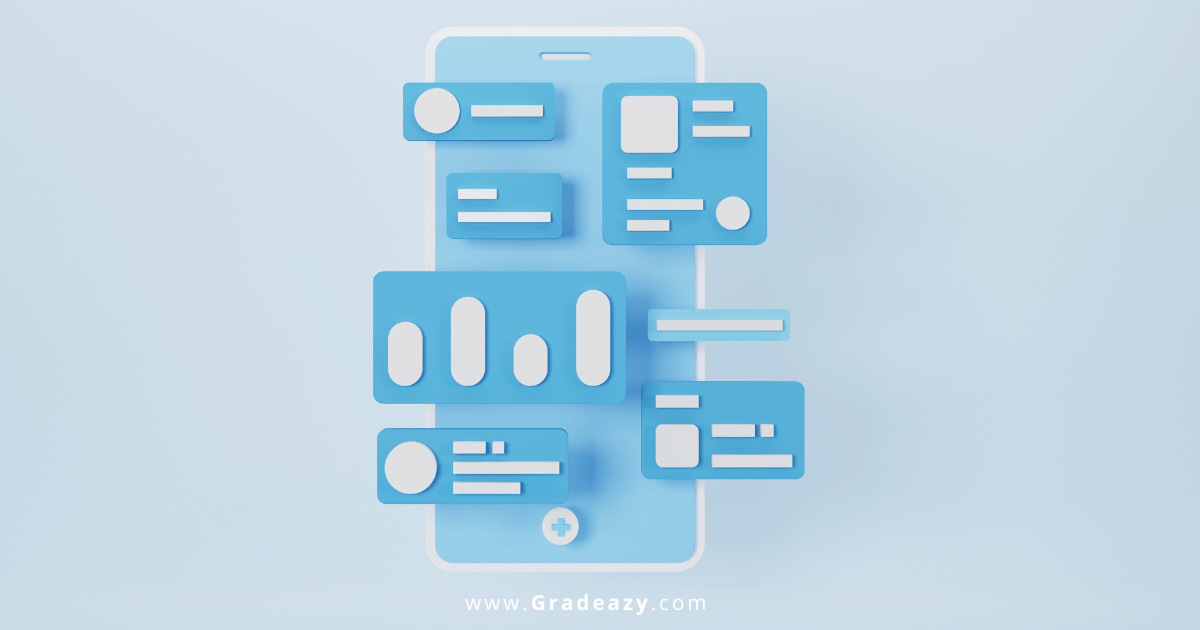Why Security Matters in Online Testing
As online testing becomes the norm in education and recruitment, robust security features are essential to protect data, ensure fairness, and maintain the integrity of assessments. From academic exams to corporate skill tests, breaches in security can undermine trust, disrupt processes, and lead to severe repercussions for both test providers and takers.
This blog explores the critical security measures every online testing platform must have to provide a safe and reliable testing environment.
1. Data Encryption: Protecting Sensitive Information
Encryption ensures that all data—personal details, test content, and results—remains secure during transmission and storage.
Why It’s Critical: Prevents unauthorized access and protects against cyberattacks.
2. Multi-Factor Authentication (MFA): Strengthening Access Control
MFA requires users to verify their identity through multiple means, such as a password and an OTP (one-time password).
Why It’s Critical: Reduces the risk of unauthorized access due to stolen credentials.
3. Secure Browsing with HTTPS
Testing platforms must use HTTPS protocols to establish secure connections between users and servers.
Why It’s Critical: Prevents interception of sensitive data during online interactions.
4. Proctoring Solutions to Prevent Cheating
Advanced proctoring tools ensure the integrity of the test environment:
Live Proctoring: Real-time monitoring of test-takers.
AI Proctoring: Automated detection of suspicious activities like multiple faces on the screen or background noise.
Browser Lockdown: Restricts users from accessing other tabs, applications, or resources during the test.
5. Regular Security Audits and Updates
Platforms must conduct regular audits to identify vulnerabilities and deploy patches promptly.
Why It’s Critical: Keeps the system secure against evolving threats.
6. Role-Based Access Control (RBAC): Limiting Privileges
RBAC ensures that users can only access information relevant to their role.
Why It’s Critical: Prevents data leaks and unauthorized changes to test settings.
7. Backup and Recovery Mechanisms
Regular backups and a robust recovery plan protect against data loss due to system failures or cyberattacks.
Why It’s Critical: Ensures test continuity and safeguards user data
8. Transparent Security Policies
Platforms should clearly communicate their security protocols to users, including data handling practices, breach response strategies, and compliance certifications.
Why It’s Critical: Builds confidence in the platform’s reliability and safeguards.
Conclusion: Building Trust Through Security
A secure online testing platform is non-negotiable in today’s digital-first world. By implementing advanced security measures, platforms can protect sensitive data, uphold test integrity, and foster trust among users.
Call to Action: Explore platforms like TeacherSkillTest and Gradeazy, which prioritize security without compromising user experience. Ensure your testing needs are met with the highest standards of safety and reliability!

